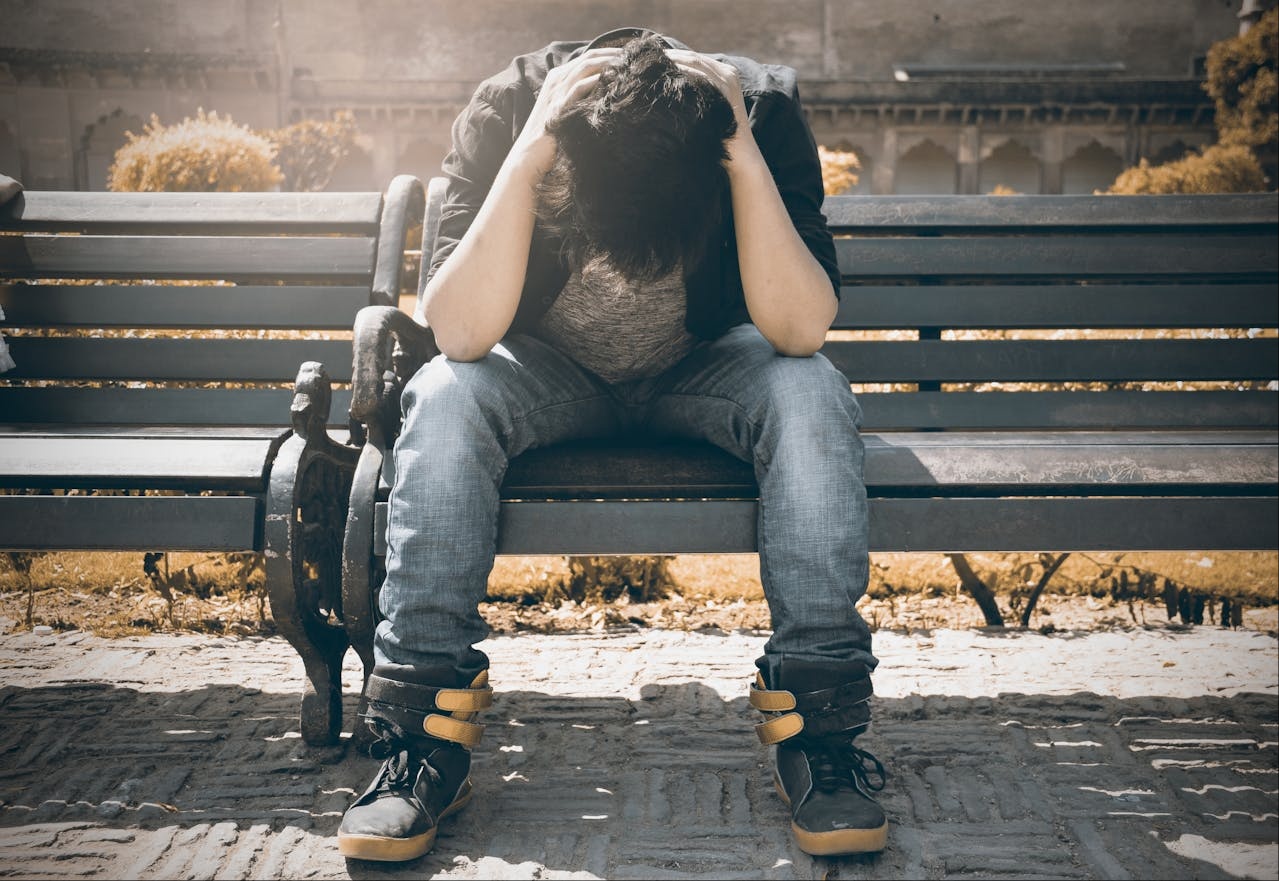What Does Depression Look Like in Teens?

The teenage years aren’t easy ones. These years bring on internal and external changes that can make it difficult for any person to adjust.
Teens may experience changes in their body. Their voice may change. They may experience body hair or odors that they haven’t experienced before. Plus, their brain is in the prime developmental stage. These changes can impact how your teen acts, behaves, and more.
On top of that, your teen is also having to navigate their academics, recreational activities, and social groups. If you notice that your teen is struggling lately, it could be a sign of a larger issue like depression.
Depression is something that can develop at any time, but it’s more likely to start in the teen years. Let’s learn more about what depression looks like in teens.
Behavior
 You may have already noticed that your child’s behavior changed as soon as they entered the teen years. Look out for if your teen is more sensitive than normal. They may have a harder time accepting criticism, feedback, or rejection. Their behavior may also become more disruptive, irritable, and risky. Behavior changes are common in teens, but they can also be a sign of depression, so it’s important to observe your teen to see if there’s a larger issue at play.
You may have already noticed that your child’s behavior changed as soon as they entered the teen years. Look out for if your teen is more sensitive than normal. They may have a harder time accepting criticism, feedback, or rejection. Their behavior may also become more disruptive, irritable, and risky. Behavior changes are common in teens, but they can also be a sign of depression, so it’s important to observe your teen to see if there’s a larger issue at play.
Body Aches and Pains
Another sign or symptom of depression is aches and pains within the body. Pay attention to if your teen is complaining or showing signs of bodily aches and pains, like headaches or digestive issues.
Eating Habits
Depression can cause changes in someone’s eating habits. It can go one of two ways. You may notice that your teen is overeating or consuming unhealthy snacks and sugary sweets and treats. Or you may notice that your teen is undereating. It’s important to pay attention to your teen’s eating habits to make sure they’re taking care of themselves.
Energy Levels
Energy levels tend to be lower in the teen years due to brain development. During this time, your teen needs a lot of rest and recovery for optimal brain development. Pay attention to your teen’s energy levels during these years. Their low energy could cause other issues like a lack of concentration, which could be a sign of depression. Low energy levels may also be caused by your teen’s change in sleeping habits. Similar to their eating habits, depression could be causing them to sleep too little or too much.
Mood
The teen years can be moody as is. When depression is thrown into the mix, your teen may exhibit signs of emptiness, sadness, or hopelessness. It’s important to know the difference between normal, teen moodiness versus an extreme form of self-criticism.
Socialization
Isolating oneself by withdrawing from friends, family, and activities that were previously enjoyed is a big sign of depression. If your teen was formerly active with friend groups, activities, or sports and they start to remove themselves from these activities, it should be a sign to check in with them.
Next Steps
It’s important to know that depression in teenagers does not mean that you’re a bad parent or that your teen is weak. It just means that you both may need extra help during this time. If your teen is experiencing or showing any of these signs or symptoms for longer than two weeks, seeking additional help is important. The longer that these signs and symptoms are left untreated, the worse they can become. A doctor or mental health professional will be able to talk to your teen to determine if they need additional support.
There isn’t a way to prevent depression, but there are ways that you and your teen can better manage and cope moving forward. Reach out today to learn more about teen therapy.
